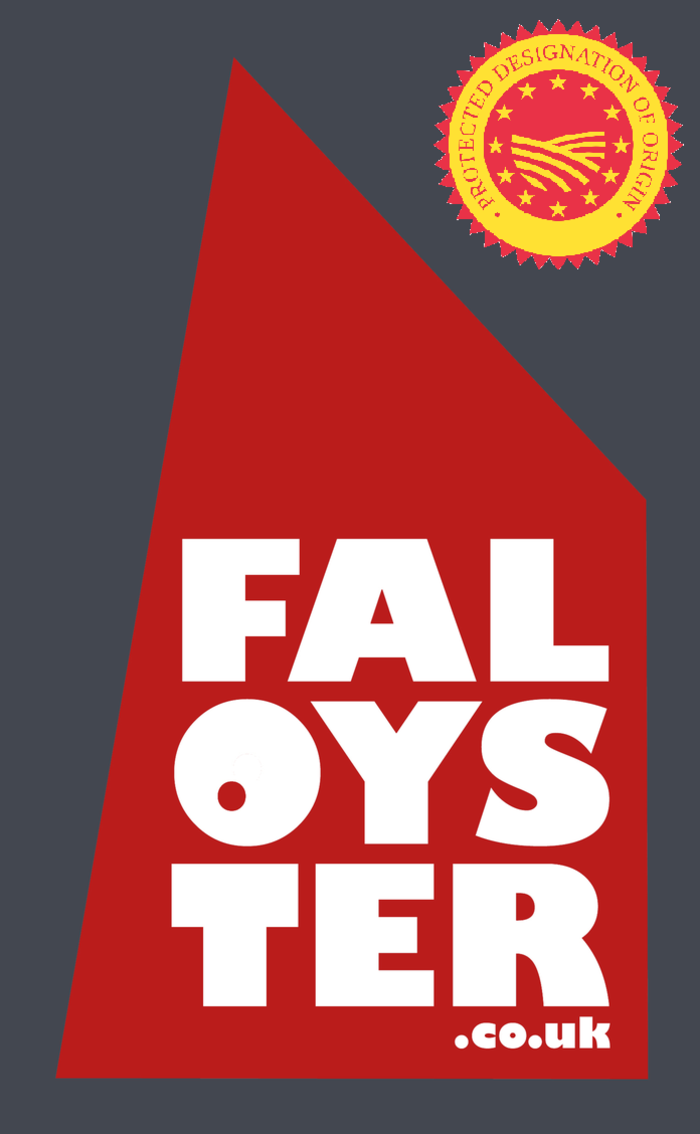E.coli causing Fal oyster ban concerns... April 01 2020
Something fishy with this, the scale goes from <18 as the cannot count any fewer to >180,000 as they cannot estimate any greater number, how do 48 of 67 sites from Milford Haven to Weymouth have readings from one lab of !.8 MILLLION??
E.coli causing Fal oyster ban concerns
By Tamsin Melville BBC Cornwall political reporter
- 8 August 2014
Oyster fishermen in Cornwall say they are worried a fishing ban could be imposed after high pollution readings.
Samples for E.coli in the Fal estuary last week included one which was about 400 times over the legal limit.
Fishermen and officials said they hoped readings next week would show the high count was a one-off. The fishing season begins in October.
Mussel fishing in the area has been banned since April because of the bacteria.
'Hanging around'
Last week three samples in the Fal fishery area revealed one reading, in Mylor Pool, that greatly exceeded what is permitted under Food Standards Agency (FSA) rules.
The FSA states the maximum level permitted for shellfish production is 4,600 parts E.coli per 100g of shellfish flesh.
Fisherman Tim Heard said: "It has to be under 4,600 parts for it to be legal. It was well in excess of 1.8m, I was told."
Mylor Creek and Grimes Bar also breached limits.
Mr Heard said: "We should be getting ready for dredging. We're just hanging around to see what happens and we go from there."
Cornwall Council's port health manager for Falmouth Docks, Gary Cooper, said officials "cannot identify any cause of the high reading".
He said: "There was no rainfall or issues with discharges from the sewerage network."
Mr Cooper said further samples would be taken on Tuesday but "if results such as this continue there is potential for the FSA to consider downgrading parts of the fisheries".
South West Water said all its assets were operating normally when the samples were taken and it was not a result of a specific pollution incident.
The Environment Agency said it was looking into the situation.
